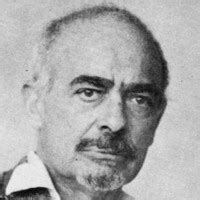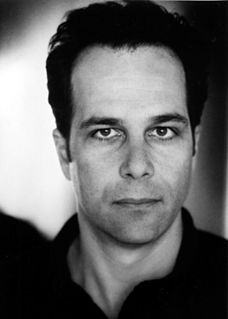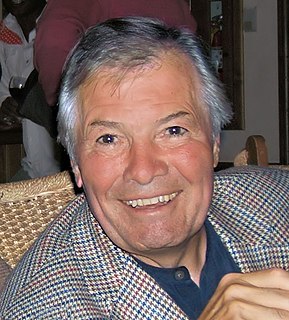A Quote by Jean-Claude Juncker
I have always considered it to be a minor miracle that after the war, people in Europe's border regions were able to forget everything and, in accordance with the slogan "Never Again War," develop a program that still works today.
Related Quotes
I was born just after the end of World War II, and with my friends in our little suburban backyards in New Jersey, we used to play war a lot. I don't know if boys still play war, they probably do, but we were thrusting ourselves into recent history and we were always fighting either the Nazis or the Japanese.
During my childhood and teenage years, everything I knew was at war. My mother and father were at war. My sister and I were at war. I was at war with my atypical nature, desperately trying to fit in and be normal. Even my genes were at war - the cool Swiss-German side versus the hot-headed Corsican.
In one sense, I have always felt glad to have had the war [World War II] in my childhood, because, as a result, nothing that has happened in the world since then has ever seemed quite so bad. On the other hand, I never entirely got over my feeling of being cheated when the promised era of peace in a wonderful "post-war world" failed to materialize. I could not understand how, after all that, people could ever even think of fighting again. And I still can't.
Once the war began, the government could do anything 'necessary' to win it; so it was with the 'final solution of the Jewish problem,' which the Nazis always talked about but never dared undertake, not even the Nazis, until war and its 'necessities' gave them the knowledge that they could get away with it. The people abroad who thought that war against Hitler would help the Jews were wrong. And the people in Germany who, once the war had begun, still thought of complaining, protesting, resisting, were betting on Germany's losing the war. It was a long bet. Not many made it.
When you say that after World War I there was a pandemic that killed more people than the war itself, most will say: "Wait, are you kidding? I know World War I, but there was no World War 1.5, was there?" But people were traveling around after the war, and that meant the force of infection was much higher. And the problem is that the rate of travel back then was dramatically less than what we have nowadays.
The E.U. is the latest of a series of multinational organizations set up after World War II to ensure that there would never again be a pan-European war and to create the conditions for a new European prosperity after the destruction wrought by the war against the Nazis. The E.U. has admirably succeeded at both.
World War Two was a world war in space. It spread from Europe to Japan, to the Soviet Union, etc. World War Two was quite different from World War One which was geographically limited to Europe. But in the case of the Gulf War, we are dealing with a war which is extremely local in space, but global in time, since it is the first 'live' war.
Everything in war is very simple, but the simplest thing is difficult. The difficulties accumulate and end by producing a kind of friction that is inconceivable unless one has experienced war. ... Countless minor incidents - the kind you can never really foresee - combine to lower the general level of performance, so that one always falls short of the intended goal.
Both of my grandfathers fought in the Second World War, and my great-grandfather died at the Somme in the First World War. I never truly believed that the War just finished and everyone was happy-clappy, brought out the bunting, and felt everything was okay again. That's definitely not my impression of the fall-out of war.
Behind Trump's promise to 'make America great again' lie many fallacies. The most important fallacy is that America's place in the world can be restored to the one it occupied after World War II, when Europe was still recovering from vast devastation and most developing countries were still European colonies. It can't be.
I'm not pro-war. But I think war has been the dominant condition of humankind, and peace has been the anomaly - certainly sustained periods of peace that profit great masses of people - and I think war has worked, even awful hellish wars: worked to staunch fascist aggression in Europe, worked to preserve the Union after secession in the United States, etc. Not always, maybe not often, but to say never is to reject history in favor of a wishful unreality.
As you look back in history, we [the United States] have done wonderful things, the Marshal Plan is the most obvious. After World War II, we spent billions of dollars to rebuild Europe or at least part of Europe after the devastation of World War II. We did it out of charity, but we also did it to keep the Russians from getting deeply into Europe.


































